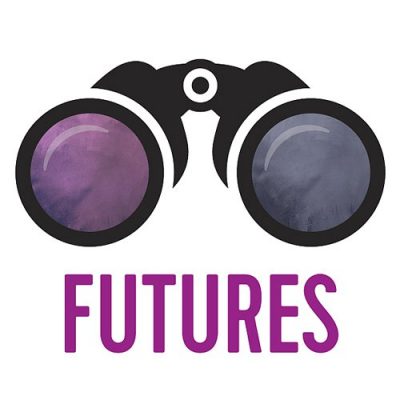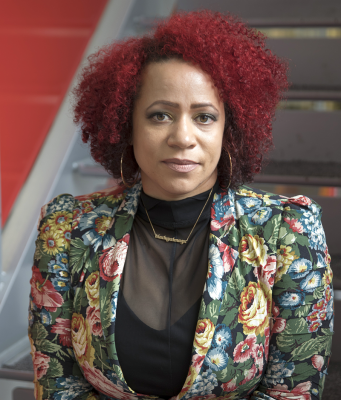Engaging Youth to Sustain the Longevity of the Olympics: Q&A With Professor Jeeyoon Kim
The 2024 Paris Olympics is almost underway. The glory for the world-class athletes and the excitement for the spectators make for a riveting Games—crucial for the success of these Olympics and, more importantly, for the longevity of the Games. That…


 As we collectively navigate through a global pandemic, pursue social justice on multiple fronts and seek answers to the global warming crisis, “Futures,” the theme of this year’s Syracuse Symposium hosted by the
As we collectively navigate through a global pandemic, pursue social justice on multiple fronts and seek answers to the global warming crisis, “Futures,” the theme of this year’s Syracuse Symposium hosted by the 